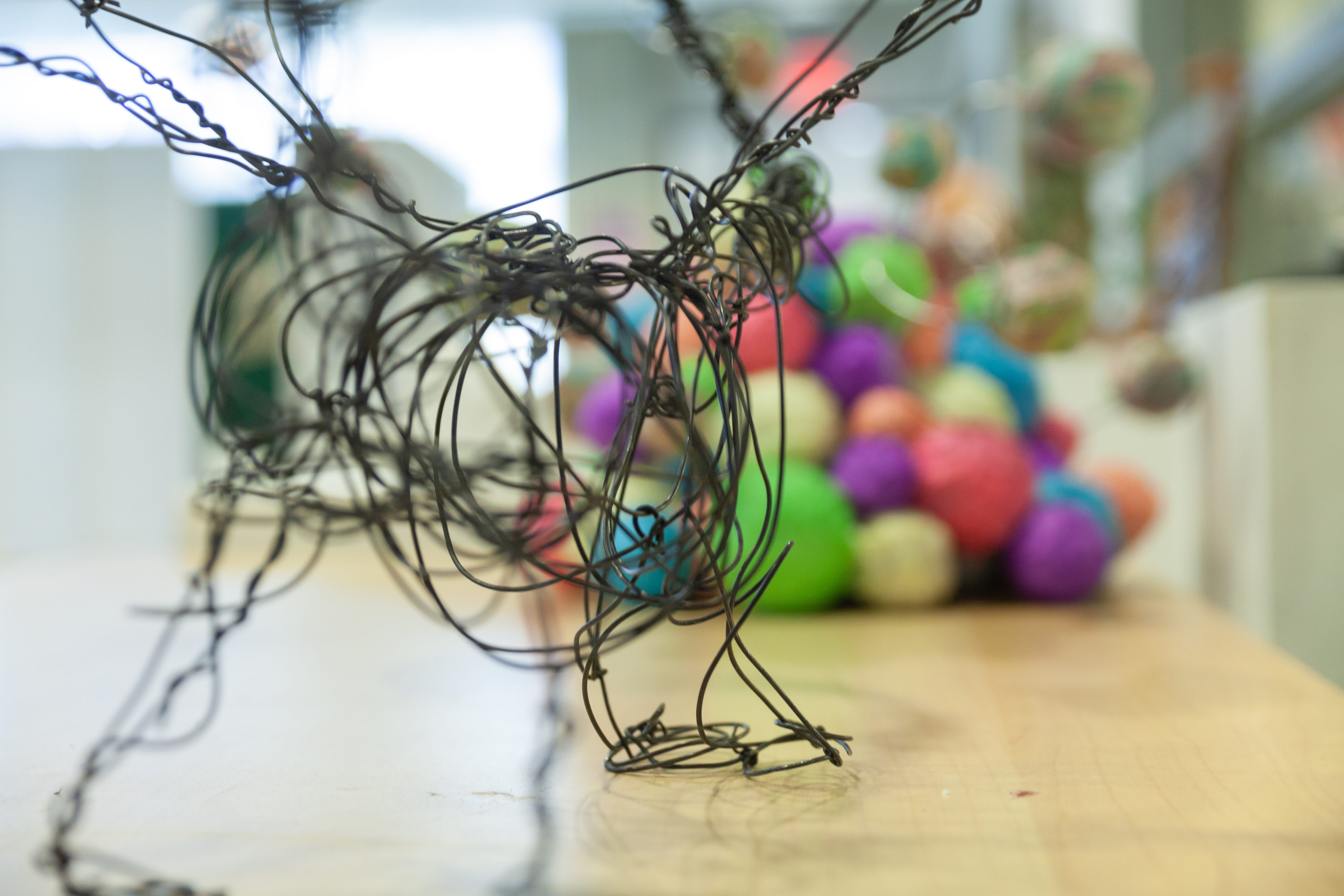16 Nov George Mason University’s School of Art and Design presents at the 109th Annual College Art Association Conference
Rachel Debuque will present in the CAA Session “Art Foundations: Core Values and Remote Learning”. Debuque will be presenting “Building a Curriculum Centered on Inclusion.” In the wake of the dual health emergencies, of Covid 19 and racism we are presented with an opportunity to ask ourselves big questions like – what is essential to our curriculum and the future of education? Debuque’s discusses methods for rewriting, recalibrating, and reimagining paradigms in teaching. By centering our efforts on inclusion, we lay the groundwork for a strong curriculum that is adaptable to futures unknown and unpredictable.
Building a Curriculum Centered on Inclusion” Abstract:
Times of chaos and uncertainty become teachable moments for educators and their institutions. Covid-19 not only thrust faculty into a new learning environment, it illuminated the long enduring virus of racism that infected the polices, curriculum, and structure of our institutions. In the wake of these dual health emergencies, we are presented with an opportunity to ask ourselves big questions like – what is essential to our curriculum and the future of education? The instability provides a moment for rewriting, recalibrating, and reimagining paradigms in teaching. By centering our efforts on inclusion, we lay the groundwork for a strong curriculum that is adaptable to futures unknown and unpredictable. Inclusivity begins in the classroom. It entails training in anti-racist pedagogical practices, evaluating individual blindspots, and addressing inequity in hiring. Centering on inclusivity clarifies our curricular goals. It challenges us to create dynamic learning environments that serve the students whom the status quo has historically left behind. In both an online and face-to-face curriculum, inclusivity demands that faculty engage in a responsive pedagogy which leads with compassion, promotes community building, and supports diverse learning styles. Although 2020 laid bare our significant problems in equity, it has also provided a moment that is begging educators and institutions to do better. Our response will define our future.



Sorry, the comment form is closed at this time.